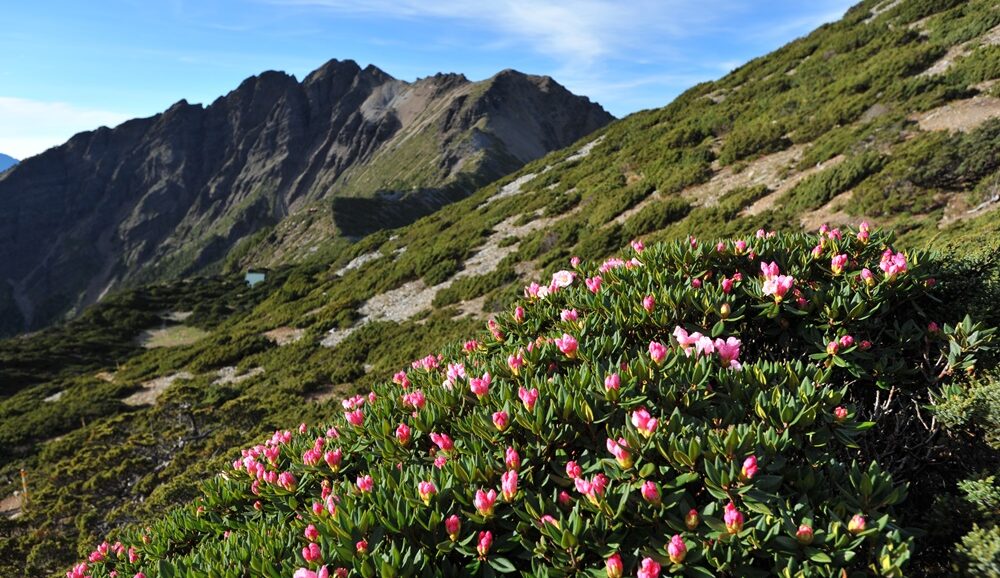
Scientists have long worried that high alpine mountain species like pikas and some species of martens will lose their fragile habitats to global warming. As temperatures rose, they argued, these species are being forced higher up the mountain sides to find the cool and cold climates they thrive in. Eventually, they will have nowhere else to go.
Now, researchers in Taiwan are challenging this view.
They are arguing that, so far, species of mammals, plants, and insects that call high mountaintops home are proving far more resilient to climate change-driven environmental changes than we previously thought possible.
The study was led by scientists based at Taiwan’s National Cheng Kung University.
In a Q&A with the Science Media Center, National Taiwan University professor Tzung-Su Ding said these new research findings suggest alpine species may be capable of adapting to even rapid shifts in the climate and the nature of the habitats they evolved in.
“The core finding of the study challenges the widely held assumption that mountain species will face rapid extinction due to climate warming—the so-called ‘extinction elevator’ hypothesis,” Tzung-Su said. “By analyzing large datasets from mountainous regions around the world, the researchers found that mountaintop species have not experienced a widespread or significant shrinkage in their range.”
Rather than seeing high altitude species losing habitat, the scientists report uncovering evidence that species normally found at lower elevations are now expanding their ranges higher. This suggests climate change could be seeing alpine environments becoming more biodiverse.
Some fear that new species arriving in these zones may crowd out the current residents, perhaps threatening their survival by competing for resources.
Tzung-Su Ding’s own research at Yushan National Park in Taiwan backs up this newer study’s findings. As temperatures at the park rose from 1992 to 2024, Tzung-Su said, “the breeding ranges of 50 bird species shifted upward by an average of 155 meters…69% of the species significantly increased their elevational distribution, while only 11% significantly decreased.”
The researchers at National Cheng Kung University found a similar dynamic underway.
“Narrow-range and low-elevation species expanded their habitats upward, particularly birds and insects, indicating that organisms are filling suitable climate niches,” they wrote. “These patterns help ease some of the scientists’ earlier worries, while also showing how complex species movements can be.”
Park Info
Park Name:
Yushan National Park
Location:
Taiwan
More information:



